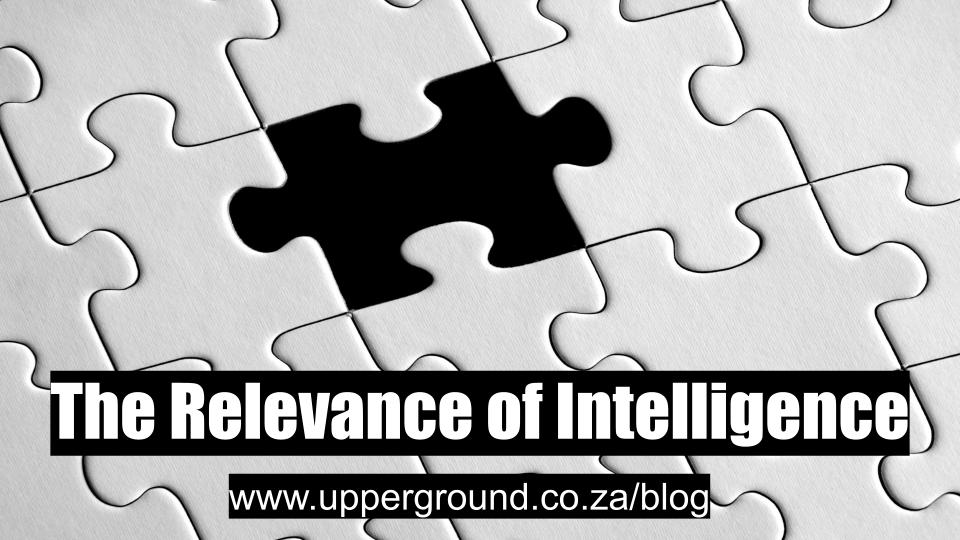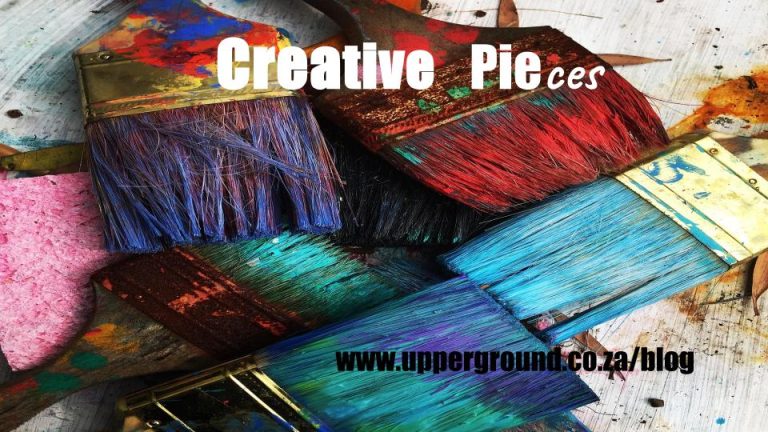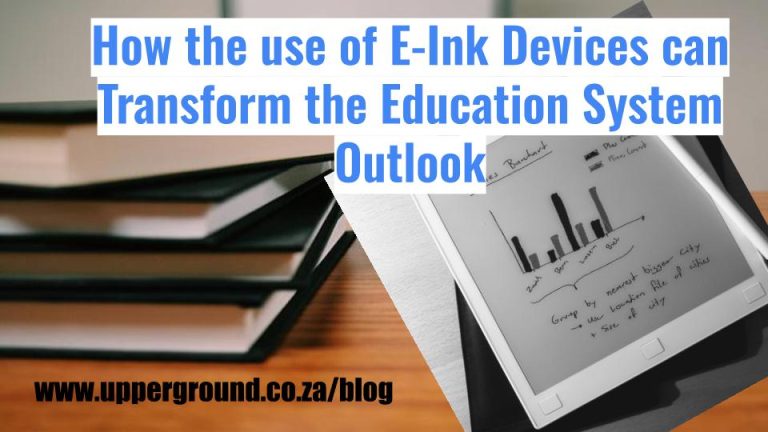The world will often evaluate you by what you know or say. Words often carry a medium of exchange of value more than money does. We live in a world that will quickly judge you by what you contribute by worldly knowledge. We possibly couldn’t function if we didn’t know how to do some things. For example, we all can’t know how the banking system works, but we all have to know how to transact in one way or another. Someone might not know how to use an automated teller machine, but that doesn’t devalue their ability to function as a thriving human being. Some people can always help us with things that we find difficult to do on our own.
In our society, the schooling system is often used as a measure of intelligence. It’s sad to see someone repeat the same grade over and over again, especially when it’s not their fault. The schooling system is a flawed system to measure intelligence. Since its a limited measure of intelligence. It never accommodates for the weaknesses that can’t be overcome by monotonous education.
The lack of a strong practical component throughout the schooling system is apparent in South Africa over the past decades. The same issues are experienced from primary school to tertiary level. It’s sad to witness how other people are unable to use computers until they get to varsity or workplace environment. However, the strength of their capabilities might be in something else. The schooling system must uncover the natural talent or capabilities of every individual. It’s important to work on the areas of our strengths.
At the same time, the ability to be technologically savvy has left a gap in the sectors that require practical skills, such as landscaping, environmental affairs and building sectors. Producing high school students who are competent to enter the working environment or tertiary qualifying candidates shouldn’t be the end goal. It’s fair to say we could go for days without using our laptops or computers, but we wouldn’t go for a very long time without shelter to house our bodies during unbearable winter nights.
The dysfunction in our living conditions has created a mental apathy that shows disregard for the resources we use or need daily. This is a huge problem in third world countries like South Africa. It makes it easier for people to destroy the institutions that are supposed to serve them. There’s a disregard for the consequences, due to the lack of connection with the environment and how the resources are used to empower people.
The greatest fear that fuels more fire to indifference is being disregarded by your surroundings. Being unaccounted for in a system that leaves most people unable to find jobs after they have successfully obtained their matric certificates, diplomas, higher education certificate or degrees is a huge problem. It makes people feel restless and ignored. The contributing factor to the high rate of drug use among the youth in South Africa is being left alone by the system that can’t fuel their brain capacity. The common thread about a disconnected society is the struggle to find their place in an environment that wants them to think the same way as those who are perceived as normal or successful.
One of my favourite stories from the popular book, Think and Grow Rich by Napoleon Hill is about Henry Ford’s expressed agitation of being asked general questions in order to determine his level of intelligence. Henry Ford, quickly realised that if he didn’t know something, there were qualified engineers who could answer his questions about engines at any given time. Therefore, the was no need to place the level of his intelligence in answering general questions.
Entrepreneurs have a natural ability to gather people who can fill the gaps in systems that require improvements or innovation. The annoying issue about South Africa is that we have systems that are not helpful for people in general.
The gap between the poor and rich is something that’s discouraging for those who possess the skills, knowledge and experience to make a difference for both groups to live dignified lives. Being educated in a third world country like South Africa doesn’t carry the same value as it would in a first world country. It’s a problem if we have graduates who are unable to acquire jobs in what they have studied. The issue of corruption and systems that prioritise other races over skills and experience, may have left behind a huge pool of qualified personnel that would progress the country in the right direction. It’s more upsetting when the majority don’t have access to trains or functioning transport systems for years, due to a lack of foresight and innovation.
Ruling through fear is one of those issues, which have plagued the southern African region with pride over moving forward with the consideration for the well-being of their citizens. There are always invisible hands at play in government. But the biggest disservice is witnessing the progression of the politically connected, while the majority continue to battle with being left behind in the same oppressive conditions as before. The highest unemployment rate in South Africa is due to counterintuitive lockdown conditions, lack of innovation, flawed schooling system, prejudice and corruption.
Another obstacle that is ignored is the effect of serious crime and violence in South Africa. The corruption within the political and organisational systems have a direct correlation to the increased violence that we continually experience in South Africa. Everyone who travels through Johannesburg’s central business district knows that you always have to be on the lookout. Violent crimes increased within households, as people were confined in small spaces without their coping mechanisms. Abusive situations and violent crimes were inevitable as people faced retrenchment, remote working without proper support and stress management tools. Investor’s confidence has been adversely affected from the onset of the political tension that we have experienced during the numerous lockdowns of the country.
The laws that were introduced to address the exclusion of the majority in business and government in the past have created a dysfunctional system that has resulted in a lack of skilled labourers in crucial sectors. The railway system in South Africa was one of the most efficient systems before the ruling party took over. State-owned enterprises have received continuous bailouts without direct consequences for continual failure to produce sustainable profits.
Eskom’s failure to produce sustainable sources of energy is another epic non-compliance with the mandate of our government to help businesses to thrive. It’s these seemingly insignificant structures that widen the gap between the poor and rich.
Misusing resources is the quickest way to lose the little that we have. It’s a rippling effect that has affected tourism, transport, energy and farming sectors in the country. The manufacturing sector is one of the most impoverished sectors. It’s alarming to notice that one of the biggest toothpaste brands doesn’t even make the toothpaste in South Africa. The distribution process is not enough to create employment for a country that is currently facing a huge unemployment rate.
Pricing models that are used to acquire tenders are not feasible for most companies. The direct involvement of the government in selecting companies is hard to understand in the first place. There are existing companies that are busy in their niches, but tenders are awarded to companies that existed without prior experience or knowledge in a particular industry. The alleged involvement of politicians and their families in the companies that are given tenders is another concern that our government simply ignores. Corruption has cost the country billions or even more since 1994. We never addressed systems that kept the majority marginalised, we just permitted corruption and prejudice to continue.
It’s alarming that the collapse of some emerging banks continues to be at the hands of some politicians. It’s surprising and infuriating that people continue to lose their monies or are overcharged by banks that continually take advantage. There are allegedly deliberate ploys to destroy any emerging institutions that seek to address the high interest rates, illegal hikes and prohibited practices that some clients have experienced from some of the biggest commercial banks. Alternative ways of funding, investments and lending are often frowned upon.
Financial independence is something that everyone deserves. But, it becomes hard to attain, if we have systems that will disadvantage people from achieving financial independence. Financial distress is by far the biggest contributor to relationships that are not genuine and the biggest cause of divorce. It’s also a contributing factor to the hopelessness and injustices that we continue to witness in South Africa. It has made people fearful more than ever before.
Intelligence should never be a measure of how well people are through their success. But it’s a measure of how functional people and systems are in a particular country. For these systems to function efficiently and effectively, we have to be a society void of prejudice, corruption and fear.
Our value systems need to change the most. Our values should be based on systems that acknowledge righteousness and justice for all people. An applied practical component needs to address the gap of intellectual inactivity through means of filling the spaces that solve problems in our society. And not just allow people to obtain useless knowledge or information that cannot address our daily hindrances.




